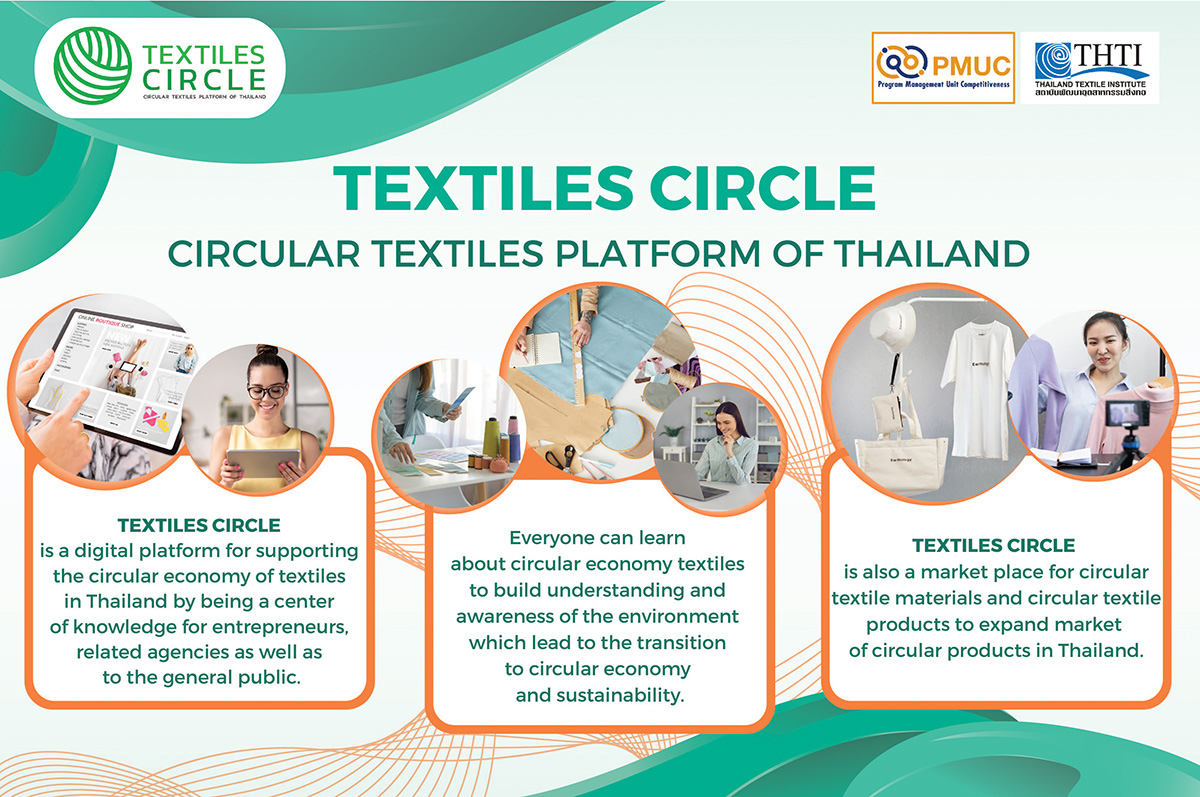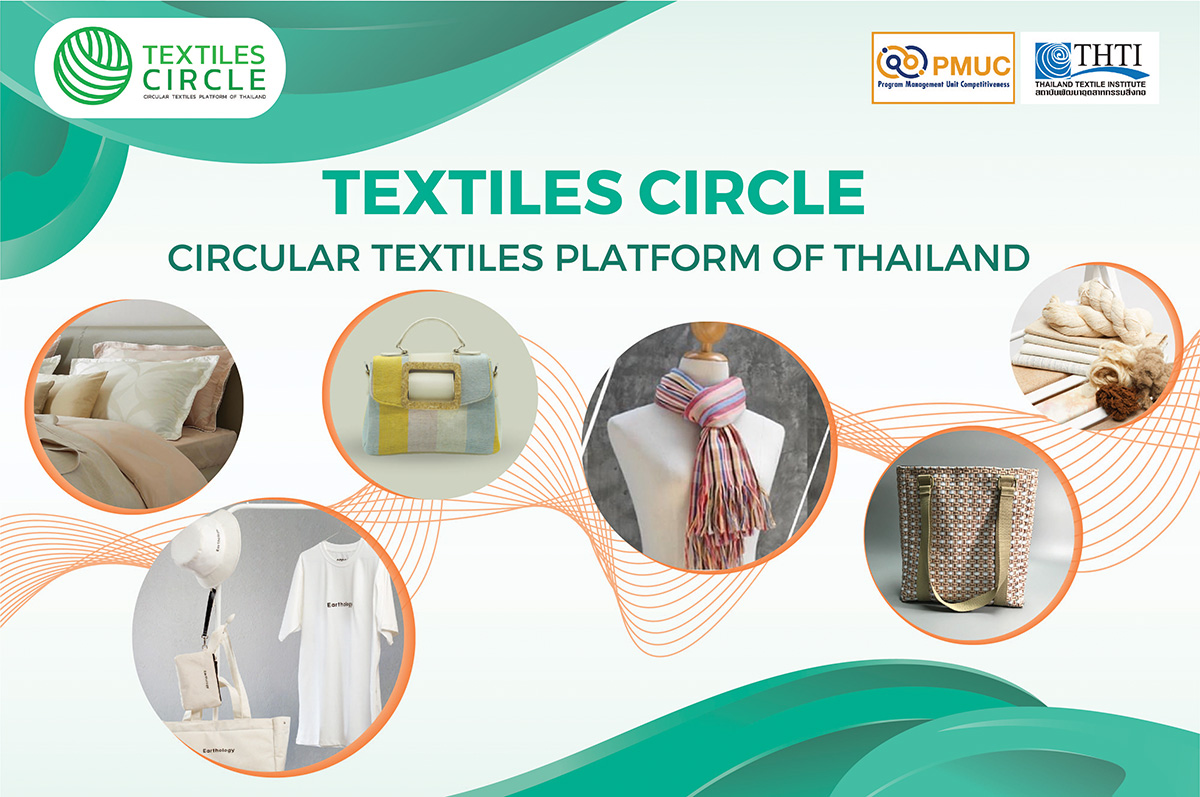From apparel to bedding, textiles are used in everyone’s daily life. In addition, textile products are used in medical and protective equipment, buildings and vehicles. Global textile production almost doubled between 2000 and 2015. As the production, application and consumption of textile products continue to grow, so too do their negative impacts on the environment, climate and water and energy consumption. For example, when a piece of clothing is at the end of its lifespan, which is getting shorter nowadays, it often ends up in a landfill or being incinerated rather than being recycled. As such, transitioning to a circular textile economy is expected to not only deliver environmental and social benefits, but also unlock significant economic opportunities in the fashion industry, as it can better capture the value of underutilised and landfilled or incinerated clothes.

The project on the development of a digital platform promoting Thailand’s transition to a circular textile economy is run by the Thailand Textile Institute and supported by the Program Management Unit for Competitiveness Enhancement (PMU-C). The objective of the project is to raise awareness of enterprises and consumers on the transition through Textiles Circle, which builds public relations, and helps enterprises, related agencies as well as the public to acquire relevant knowledge. The Textiles Circle platform is an enabler in promoting the transition to a circular economy in the textile industry in Thailand. It is also in line with the policies of the Thai government.
Ten Thai brands, all of which produce circular textile products made from waste and recycled materials, have been selected to be pilot participants in the project. The project assists brands to participate in international trade fairs for market testing of their products and boosting their sales. It also proactively helps Thai textile enterprises and their circular textile products to expand into more export markets and increase their sales.

